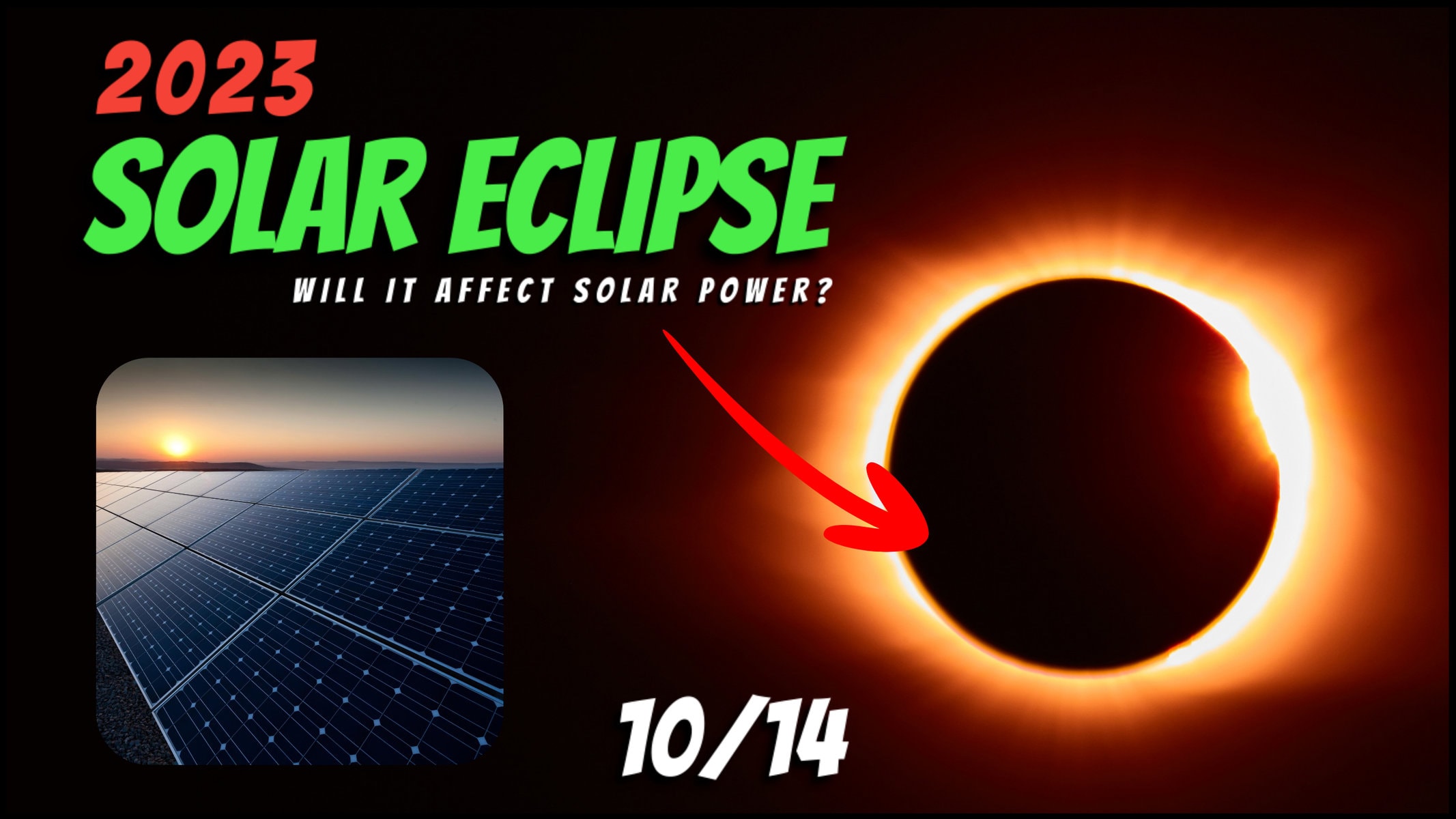The 2023 Solar Eclipse: How Will It Impact Solar Power Generation?
The astronomical wonder of a solar eclipse is a sight to behold, as the moon briefly obscures the sun, casting a shadow on Earth. While this celestial event never fails to capture our fascination, it also raises questions about how it affects solar power generation. In 2023, a solar eclipse is set to grace our skies, and it’s worth exploring what impact it might have on our solar energy infrastructure.
Understanding Solar Eclipse Basics
A solar eclipse occurs when the moon passes between the Earth and the sun, temporarily blocking the sun’s rays. The extent of the eclipse’s impact on solar power generation depends on several factors, including location, time of day, and the specific technology used in solar panels.
Factors at Play
1. Geographic Location: The magnitude of the eclipse’s effect varies depending on where you are located. Regions within the path of totality will experience a more significant reduction in solar power generation, while areas outside the path will see a partial eclipse with less of an impact.
2. Time of Day: The timing of the eclipse matters. If the eclipse occurs during the morning or late afternoon when solar irradiance is naturally lower, the reduction in solar power generation may be less noticeable.
3. Solar Panel Technology: The type of solar panels in use also plays a role. Advanced solar panel technologies are better equipped to handle low-light conditions and may continue to produce electricity during the eclipse, albeit at a reduced rate.
4. Duration of the Eclipse: While the 2023 solar eclipse is anticipated to be relatively short, a longer eclipse would naturally have a more significant impact on solar power generation.
Preparing for the Eclipse
The solar energy industry is well-prepared for solar eclipses. Power grid operators, solar power facilities, and energy providers have contingency plans in place. They may rely on alternative energy sources, such as natural gas or grid power, to maintain a stable energy supply during the eclipse. Additionally, energy storage systems, like batteries, can help bridge the gap by providing stored energy when solar power generation is temporarily reduced.
The Bottom Line
In summary, the 2023 solar eclipse will indeed affect solar power generation, but the extent of the impact will vary by location and specific circumstances. It’s important to remember that the reduction in solar power production is temporary and typically manageable. Solar energy remains a reliable and sustainable source of power, even during celestial events like solar eclipses. This year’s eclipse is not only a celestial spectacle but also a testament to our adaptability in harnessing clean energy from the sun.




